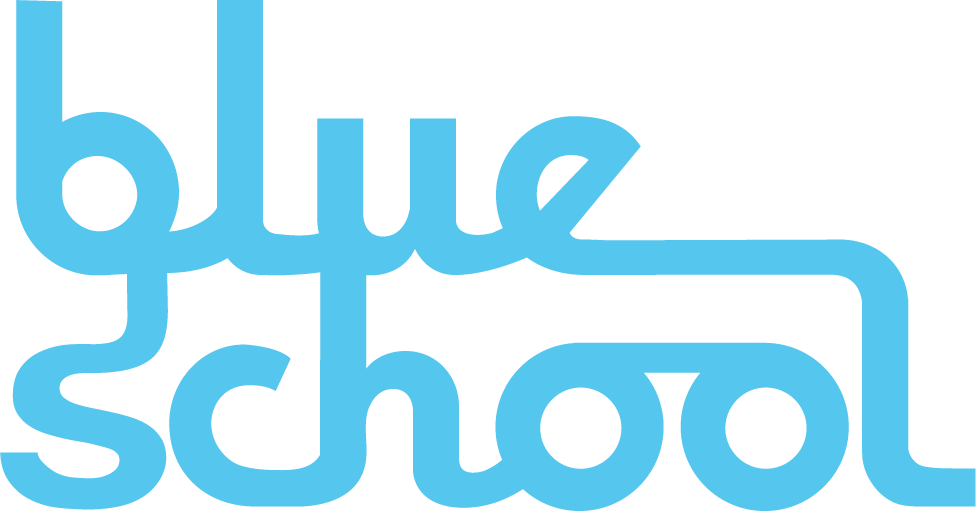From the rising water... our work ahead
On Monday night, we held our breath as pictures revealed a terrifying reality in the South Street Seaport neighborhood and at our school. The entire neighborhood, subways, and so much of New York City flooded. The warnings, speeches and predictions of the past could not have prepared us for the reality of facing a flooded and severely damaged New York City and east coast. Since Tuesday afternoon, our team has been onsite gutting and rebuilding our first floor, throwing out many items, the hardest of which was the student work that we'd carefully stowed in a newly organized storage room on the first floor. We have been incredibly lucky and awed by the showing of community support and love we've seen over these days, and to have an incredible staff to be reckoned with. Staff members and parents who had no power, heat or place to live came within hours on Wednesday morning to help pull documents, materials and furniture from the building.
And at the end of the week, I am tired but proud of our school and its wonderful people, and even more urgently focused on our mission. The flood in our city is just the beginning: the climate is changing quickly, the global landscape is interconnected in a way that requires incredibly creative, flexible and complex thinking. We have no more time to tinker around the edges. The national conversation about education feels in many ways like a diversion from the reality that, in most educational contexts, we are not even close to educating young people in a way that matches the complexities of challenges we face. I hope that in schools (and I know that at Blue School), we will allow children to grapple with questions that emerge from cases like these: how do government leaders respond when faced with a complex challenge like this? what about more informal leaders or groups within communities? who counts in the recovery? how can a city or a government divert resources from one place to another? how do we decide what to do first? what could we do to better prepare our coasts for increasing flooding and topographical changes? how would a city exist without basic services? how can we cultivate compassion, service and the desire to hear one another out in our culture? and after all, how does a community make change?
If we give children the chance to ask and answer hard questions as a daily practice--the chance to try out a solution in theory and learn from failures--they will be hard wired to pose answers to the questions that will come to them in their lifetimes, the likes of which we can only imagine.
